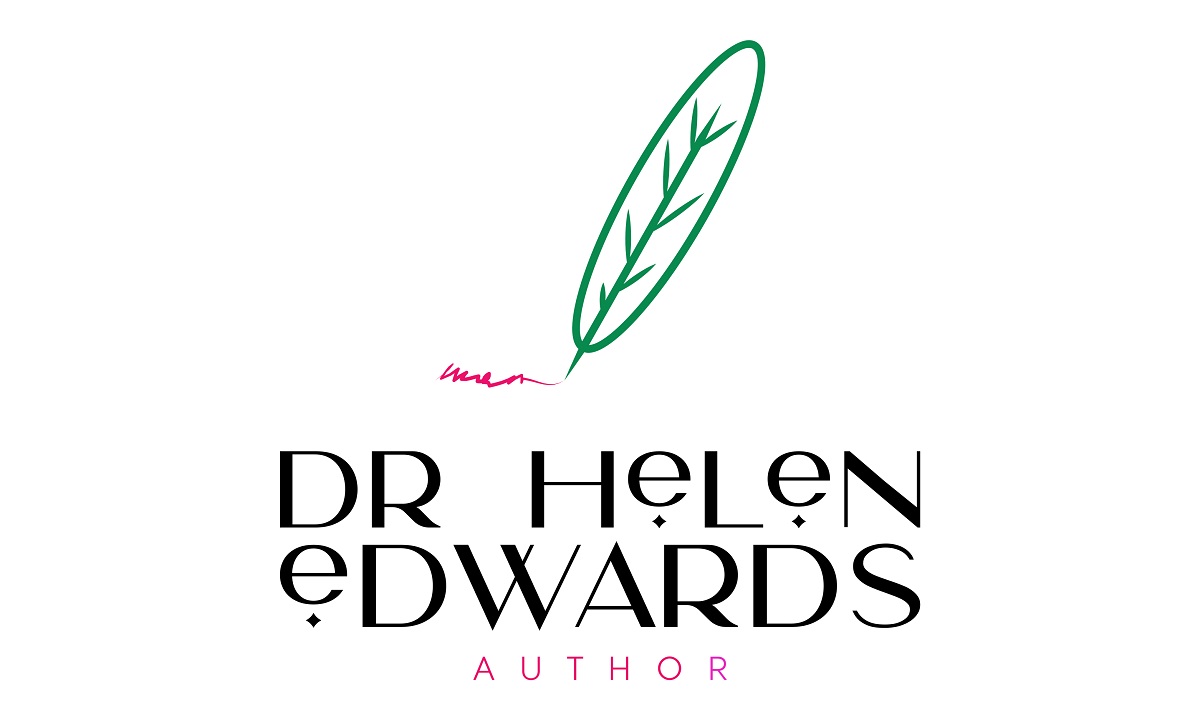Do You Know What You Can REDcycle?
There is so much confusion about plastic bags, wrappers and rubbish. While some of us work to become zero or at least less waste homes, there are plenty of people who are not interested. Also it is not easy to avoid all plastic packaging. The REDcycle bins are a fantastic initative, that mean you can take any unavoidable soft plastics for recycling. REDcycle is a recycling programme that recycles flexible plastics – the ones you can’t put in your usual recycling bin. You might be surprised to find out exactly what can be recycled in the REDCycle bins. There are REDcycle bins near the checkouts in 480 Coles stores and 100 Woolworths stores around Australia. Find your closest drop-off point using the store locator on REDcycle website.


[…] amount of rubbish to the landfill bin. Most of our waste goes to either the recycling bin, the RedCycle bins, our own compost bins, or the green waste bin for the council collection. We also keep glass […]